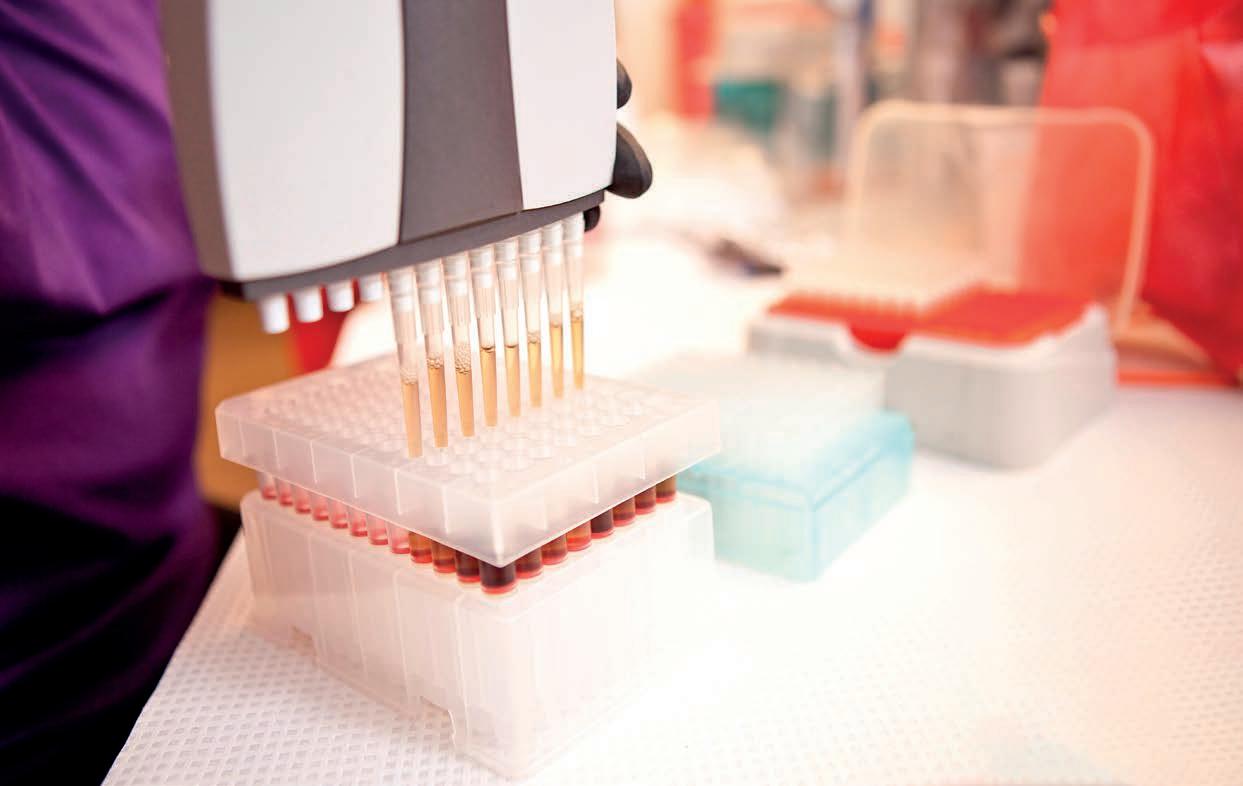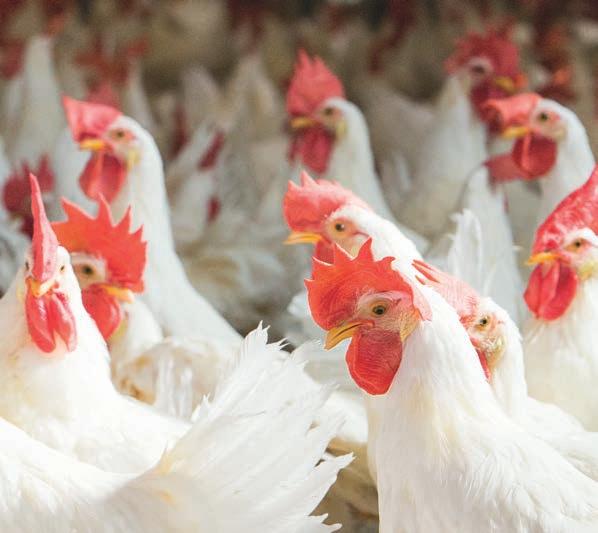FOCUS
What role for poultry meat in the EU’s Farm to Fork strategy? Poultry is the most consumed meat in the world. The meat sector has come under intense scrutiny during the Coronavirus crisis and has been a bone of contention throughout ongoing debates concerning the sustainability of the EU agricultural sector. The recently released EU’s Farm to Fork (F2F) strategy softened its stance on meat compared to previous draft versions, but offered staunch support for alternative proteins and said it would work to encourage people to consume “less meat.” The strategy also laid out a commitment to “help reduce the environmental and climate impact of animal production”. the production of poultry meat compared to other meats and alternative meat proteins? Is the animal health and welfare of EU poultry adhering to the highest possible standards? What practices have lower impact on the environment and consumers’ health? How can science and critical innovation ensure that European poultry meat remains safe, affordable and nutritious? How can the European meat poultry sector produce more from less? How will Farm to Fork standards affect imports from 3rd countries? During the debate, it emerged that the EU Poultry sector is demonstrating its readiness to be part of the solution when it comes to the EU Farm to Fork strategy. All the experts recognized the crucial importance of а large scale cooperation to create а sustainable food system in the EU. “From an EU Commission point of view we would like consumers to move to healthier consumption patterns, which means more plant-based diets,” said Sabine Juelicher.
At a recent Euractiv Virtual Conference the role of poultry in the future “Farm to Fork” strategy was discussed. Panel members Sabine Juelicher, Director, Food and feed safety, innovation, DG SANTE, European Commission; Frederic Leroy, Professor, Industrial Microbiology and Food Biotechnology, Vrije Universiteit Brussels; Jonty Whittleton, Global Head of Campaign Farming, World Animal Protection and Birthe Steenberg, Secretary General, AVEC Poultry meat, gave their responses to the main questions that are troubling the sector: How sustainable is
18
This was challenged by Frederic Leroy, who stated that: “Animal foods, and therefore also poultry, have а role to play as valuable elements within the larger set of dietary solutions”. Jonty Whittleton pointed out that his organization is really encouraged that food companies are starting to recognize the needs of chickens, as well as the growing consumer demand for more humane and sustainable food options. Another key point of the discussions was labelling. Birthe Steenberg affirmed that: “Consumers deserve to know if the poultry meat in their Caesar Salad or Club Sandwich is produced under strict EU rules. Therefore, we need labelling with EU/Non-EU for all the products which contain
- focus -












